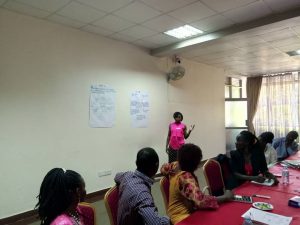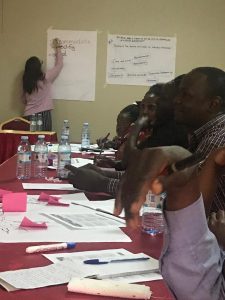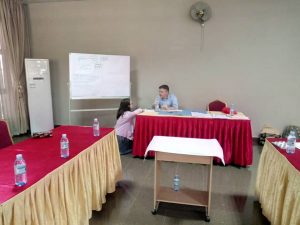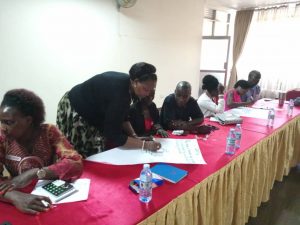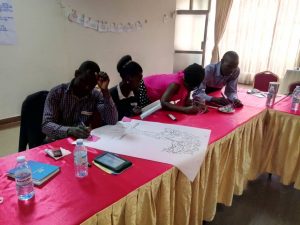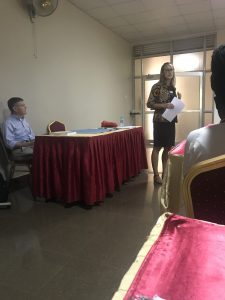Caroline Enright
Class of 2020
- Policy Studies
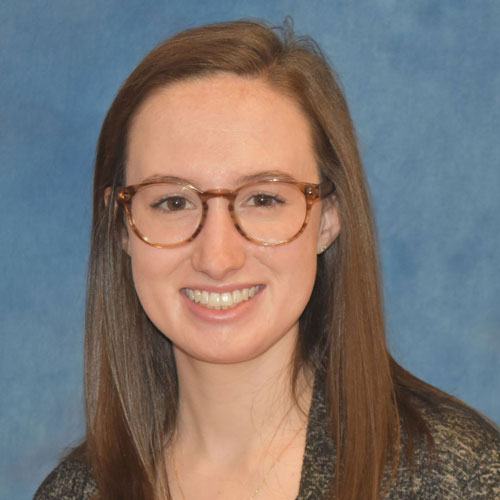
The Role of Teacher Professional Development in Initiating Local Level Support for Inclusive Classrooms in the Uganda Education System
Project Mentor:
- Stephen Byrd, associate professor of education
Project Abstract
Inclusion of individuals of all ability levels in the school system of Uganda has been the law since 2006 (Republic, 2006). However, due to the privatization of schools, inconsistency of resources, and incomplete teacher training, the execution of this protection is not reaching every school or every child (Kristensen, 2006). This research questioned this impact of the implementation of a professional development program to equip teachers to manage inclusive classrooms, students with and without disabilities in the same classroom, environments on the teachers’ opinions on including students with different abilities in their classroom. If teachers have the tools and skills to teach in an inclusive classroom, will schools and communities be more likely to accept the model (Fisher, 2017)? This research study approached this question through three phases to accurately assess the impact of professional development surrounding inclusion in the classroom. The qualitative study captured the pre and post opinions of Ugandan teachers and school administrators who participated in professional development about the realities and myths of educating students with disabilities. The training was developed with local partners to address stereotypes about students and discuss teaching methods for a more inclusive classroom. This research indicates with initial data, in a complex system like Uganda and with a multilayered issue of inclusion, this singular solution may not be the only answer. The research found teachers held a sense of nervousness to teach students with disabilities and had feelings of being unprepared to support that population, which supported previous research. The study points to additional barriers beyond providing professional development to teachers as a way to change the opinions of the teachers and administration about inclusion.
